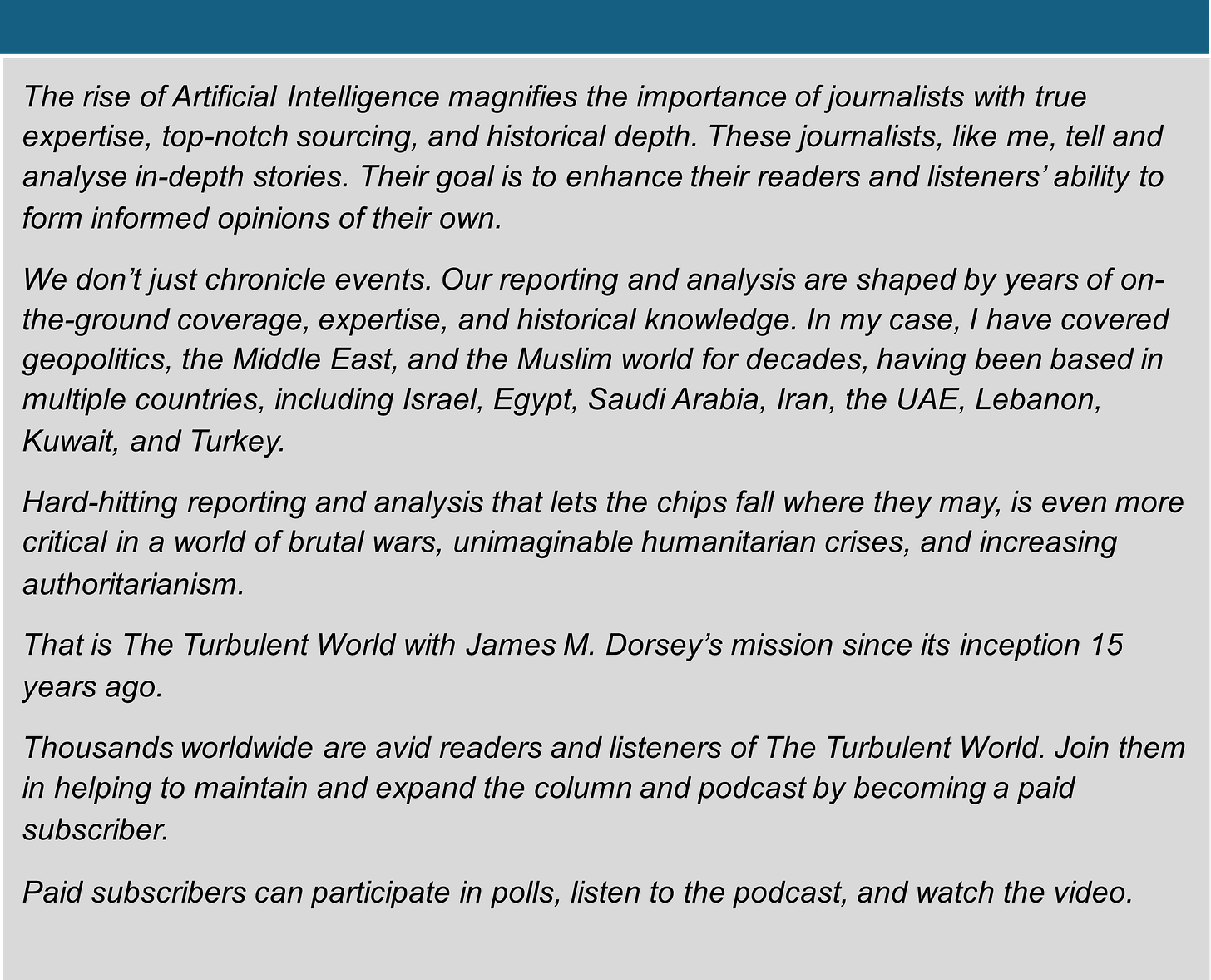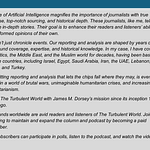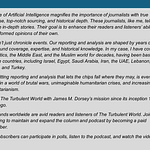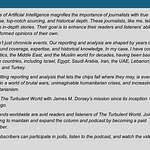James M. Dorsey discusses on TRT World what happens next as Hamas and Israel negotiate the implementation of US President Donald Trump’s 20-point plan to end the Gaza war.
[Neill Harvey] Okay, let’s take a look at the international reaction that’s come into the Hamas statement. UN Chief António Guterres said that he’s encouraged by Hamas announcing it is ready to release hostages. Qatar, which acts as mediator between Hamas and Israel, said it welcomes the development and is working to resume talks to implement a ceasefire.
Egypt, another mediator, expressed its hope the positive development will lead all parties to end the war. British Prime Minister Keir Starmer said Hamas’s acceptance of Trump’s plan is a significant step and he called on all sides to implement it without delay. Let’s bring in James M. Dorsey, Middle East analyst and senior fellow at the S. Rajaratnam School of International Studies.
Welcome, James. I mean, this all sounds really positive, but I’m trying to understand how does this differ from the previous time when Hamas and Israel agreed on a ceasefire?
I mean, is it the fact that this time all of the hostages will be handed over in advance? And if so, why would Hamas make that concession because it’s their only leverage?
[James M. Dorsey] Neil, it’s good to be with you. And those are all legitimate questions. I think what’s important here is this is the first time that you have the United States, the Trump administration, Donald Trump himself, putting serious demands on Israel.
In other words, stop the bombing now. Having said that, there is no agreement on the details of how this is going to work. Both Trump, certainly Trump, but also Netanyahu, have put an emphasis on release of the hostages.
And that is what Hamas has agreed to. But it hasn’t changed its terms for the release of the hostages. In other words, a permanent end to the war, a full and complete Israeli withdrawal from Gaza, and the free flow of humanitarian aid into the Strip.
Those are the details that are going to have to be negotiated. And those are the details that could become the dealbreaker. What you may see is a situation in which Hamas does release hostages, maybe not all of the hostages, and Trump and Netanyahu declare victory and go back.
And basically, Trump does not follow up on his commitment or on his demand that Israel stop the bombings. And you see the Israelis restarting the bombings of Gaza without the US repercussions. So I think there are more questions than answers at the moment.
[Neill Harvey] I mean, the scenario you’ve just explained there, James, that’s exactly where we were. In the first ceasefire, when some of the hostages were released, there was supposed to be phase two negotiation for more of that. And it simply wasn’t enough for Israel.
They unilaterally withdrew. And I’m struggling to understand how we’re going down a different road here. It’s being celebrated in a different way.
But like you said, all the key sticking points, none of them have been resolved.
[James M. Dorsey] I think the major difference here is that in the January ceasefire, which is the one that we are talking about, which lasted till March when the Israelis basically abandoned the agreement. At that time, we were talking about a temporary ceasefire, not a permanent ceasefire. And we were talking about a staged or phased release of hostages.
This time around, we’re talking about an end to the war. And we’re talking about a full one-time release of all hostages. And of course, you have much greater support and endorsement, at least nominally, by the international community.
[Neill Harvey] Is that a key issue, James? Because another guest suggested this to me, that if this time, if Israel was to walk away from a deal agreed by both sides this time, it has a lot more to lose, because other countries have already said they’re going to stop doing trade with Israel, they’re not going to supply them with weapons. Are there much bigger stakes now for Netanyahu?
[James M. Dorsey] Yes and no. I think the greater stakes are not so much the threat of further isolation. In a sense, we had a couple of weeks ago Netanyahu addressing that issue by saying that Israel had to become super Sparta.
It had to start moving towards an autarkic economy and self-sufficiency. How realistic that may be, being besides the point right now. So, what I think is much more the real question, how serious is Trump?
Is Trump going to follow through on this? Is he willing, if Israel decides that this is not a deal it can accept, is he going to attach consequences to that? For example, a partial, if not a full, weapons embargo, reduced political support for Israel in the United Nations, for example.
I think that’s where the real question lies, given the fact particularly that it always was the United States that was going to be the key and decisive player in this.
[Neill Harvey] James, good to get your take on this. Appreciate it. James Dorsey, Middle East Analyst, my guest.
[James M. Dorsey] Always my pleasure. Thank you, Neil.










